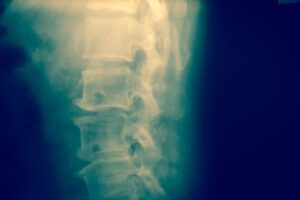 If you have suffered a spinal cord injury due to an accident that was someone else’s fault, you may be entitled to compensation for medical bills, lost wages, and other losses. Navigating the legal system while recovering from a severe injury can be challenging — but you don’t have to do it alone. The dedicated team at Mann Wyatt Tanksley Injury Attorneys wants to help you pursue the financial relief you need after an accident. Contact us today to speak with a Wichita spinal cord injury lawyer during a free consultation.
If you have suffered a spinal cord injury due to an accident that was someone else’s fault, you may be entitled to compensation for medical bills, lost wages, and other losses. Navigating the legal system while recovering from a severe injury can be challenging — but you don’t have to do it alone. The dedicated team at Mann Wyatt Tanksley Injury Attorneys wants to help you pursue the financial relief you need after an accident. Contact us today to speak with a Wichita spinal cord injury lawyer during a free consultation.
How Can a Spinal Cord Injury Change Your Life?
The spinal cord is a thick bundle of nerves running from the base of the brain down the length of the spine, relaying messages from the brain to the body. An injury to the spinal cord can disrupt the transmission of these messages. This isolates areas of the body from the brain and leads to significant medical complications.
Minor injuries to the spinal cord can cause loss of sensation and lifelong pain, making performing daily tasks a challenge. More serious spinal cord injuries can lead to paralysis, loss of sensation, and loss of control of bodily functions. Managing a debilitating spinal cord injury can also lead to mental health conditions such as depression, anxiety, and post-traumatic stress disorder (PTSD).
Even minor spinal cord injuries can require extensive medical treatment, sometimes costing thousands of dollars. Managing traumatic spinal cord injuries that result in paralysis can cost even more. Data from the Christopher & Dana Reeve Foundation estimate that the average costs associated with the most severe spinal cord injuries can be over $1 million in the first year of diagnosis. Loss of motor function at any level can cost more than $300,000 within the first year.
Symptoms of a Spine Injury
Because injuries to the spinal cord do not always result in immediate loss of mobility, it’s essential to recognize these symptoms of a spine injury:
- Pain in the head, neck, or back
- Muscle weakness in the extremities
- Numbness or tingling
- Loss of sensation
- Loss of mobility
- Difficulty with balance or walking
- Difficulty breathing
- Loss of bowel or bladder control


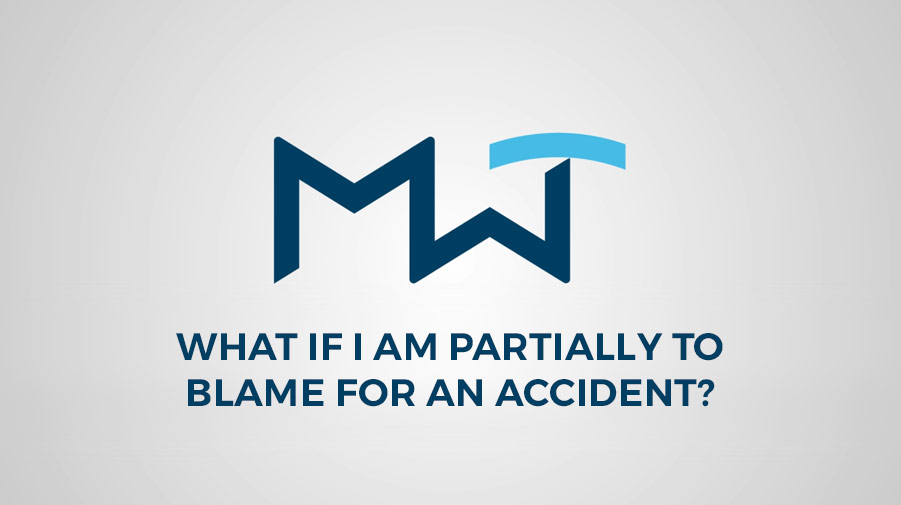





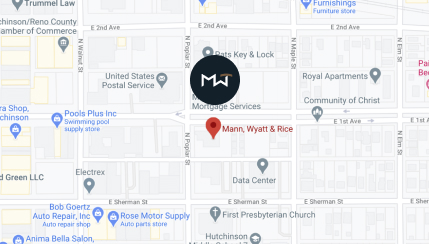
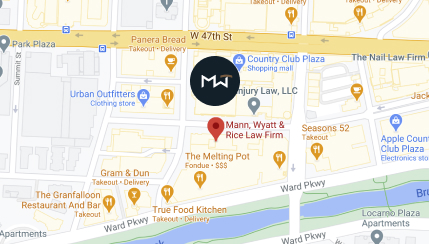
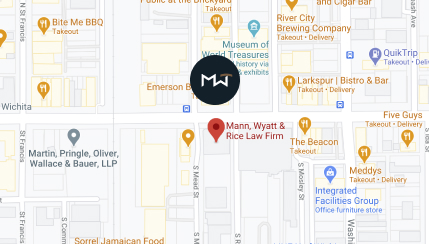
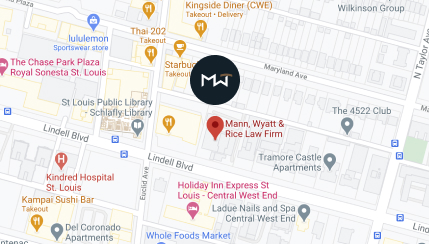

 Site by
Site by